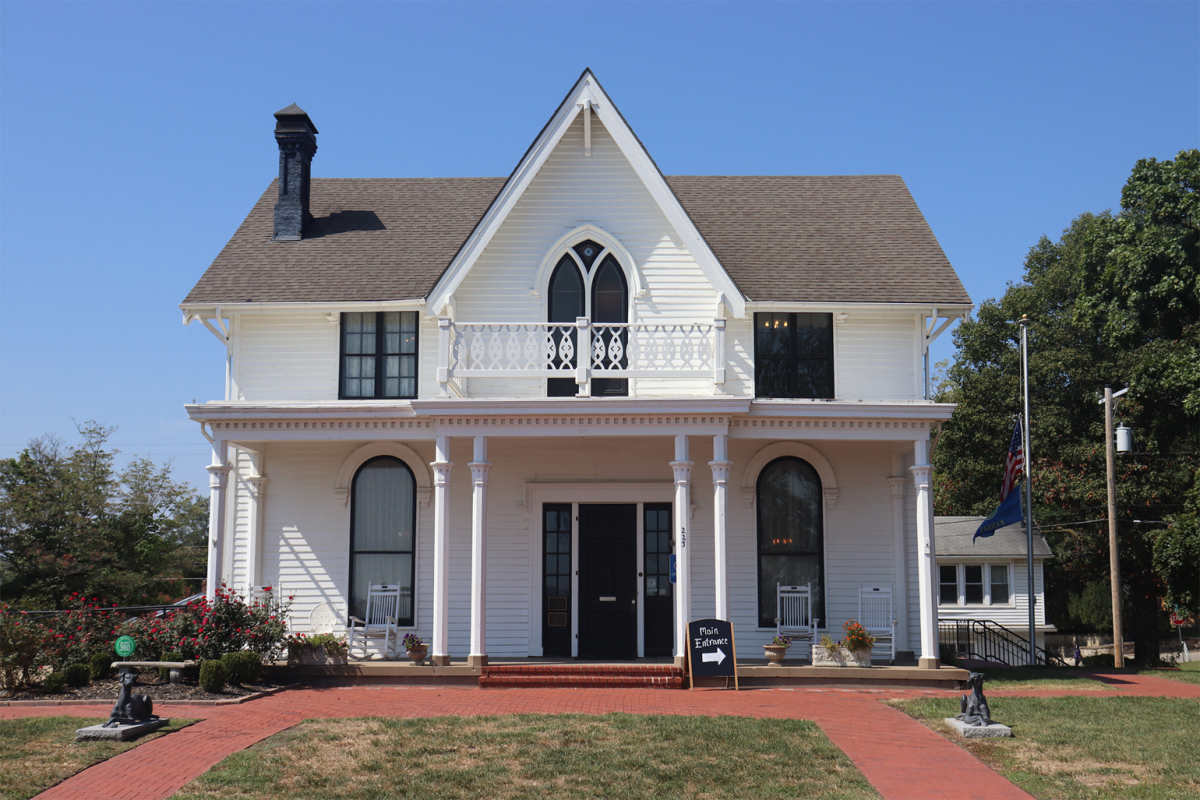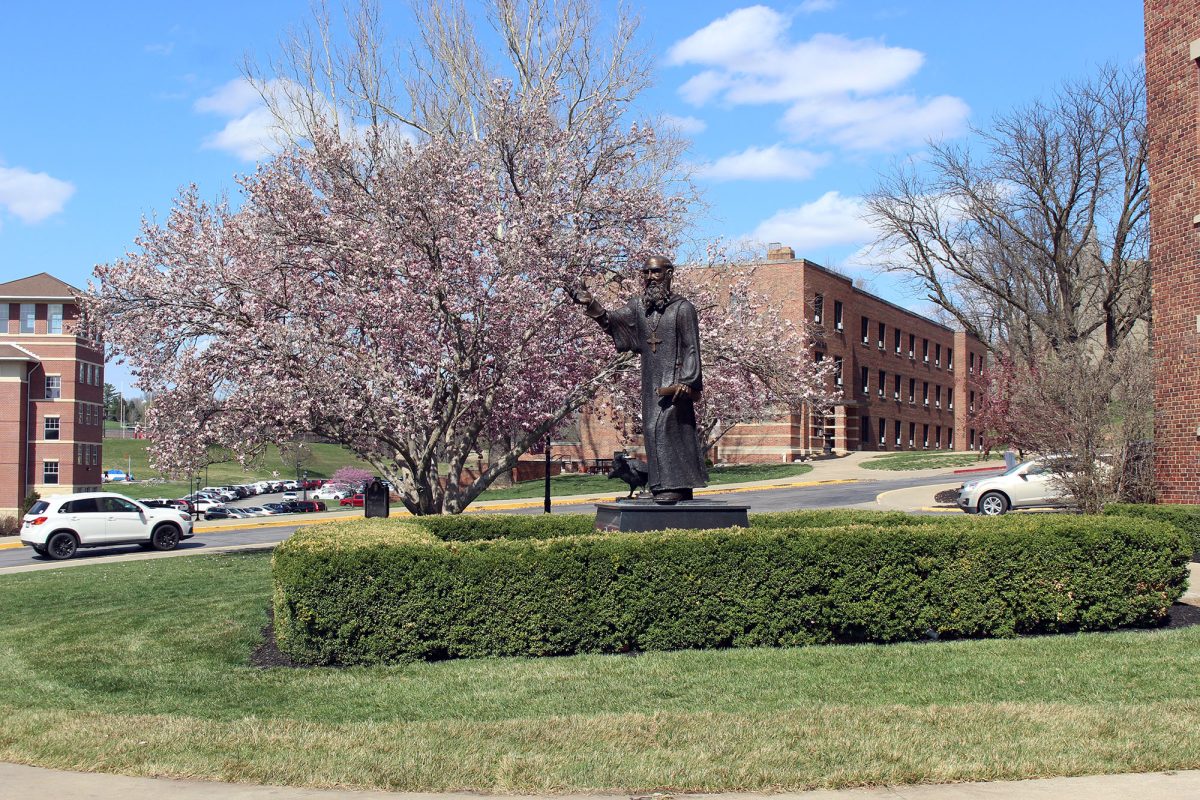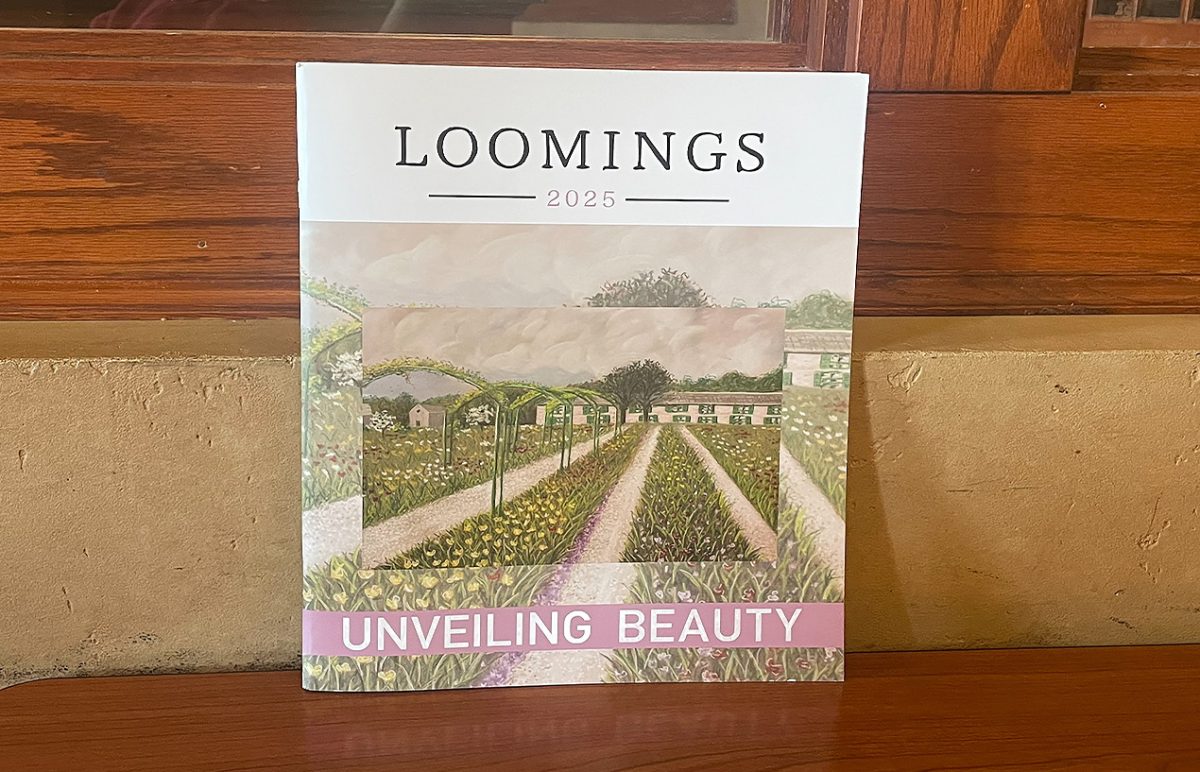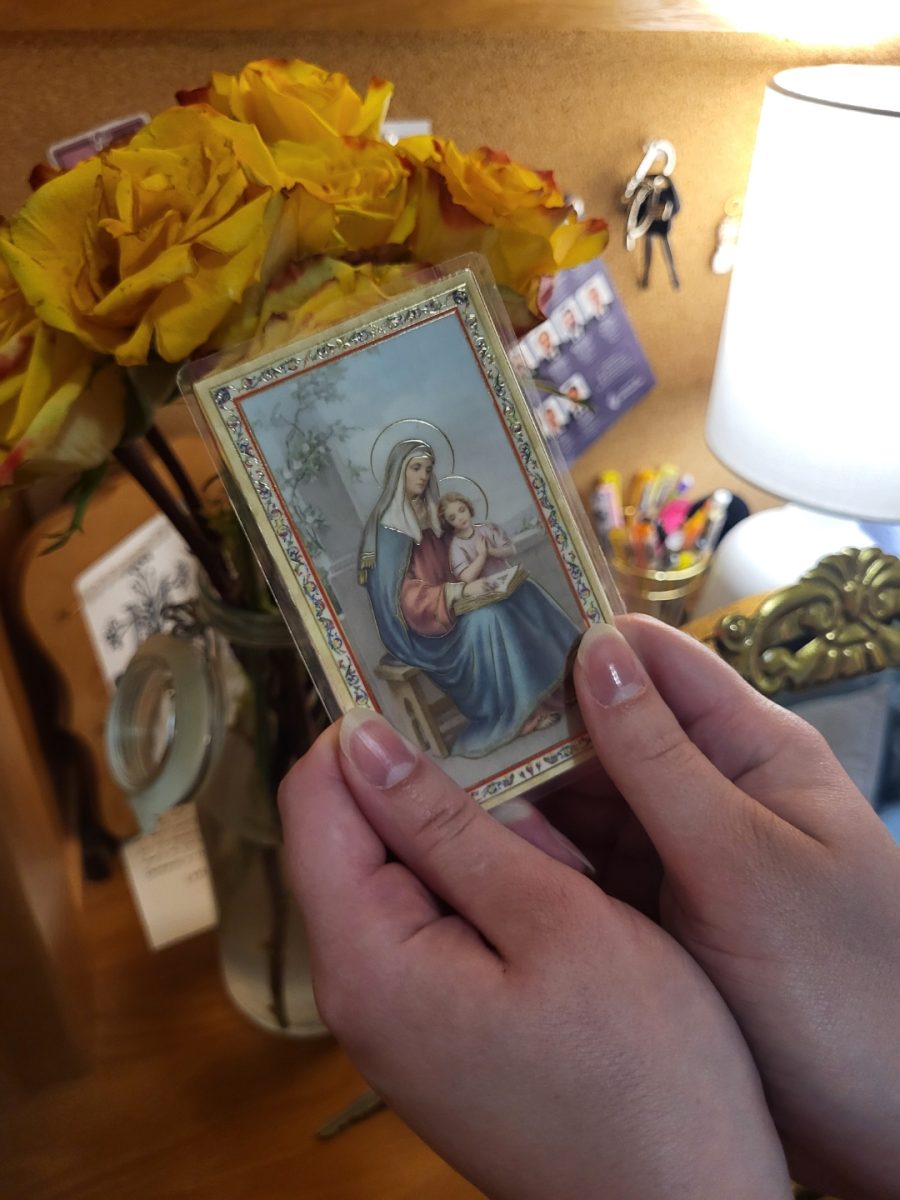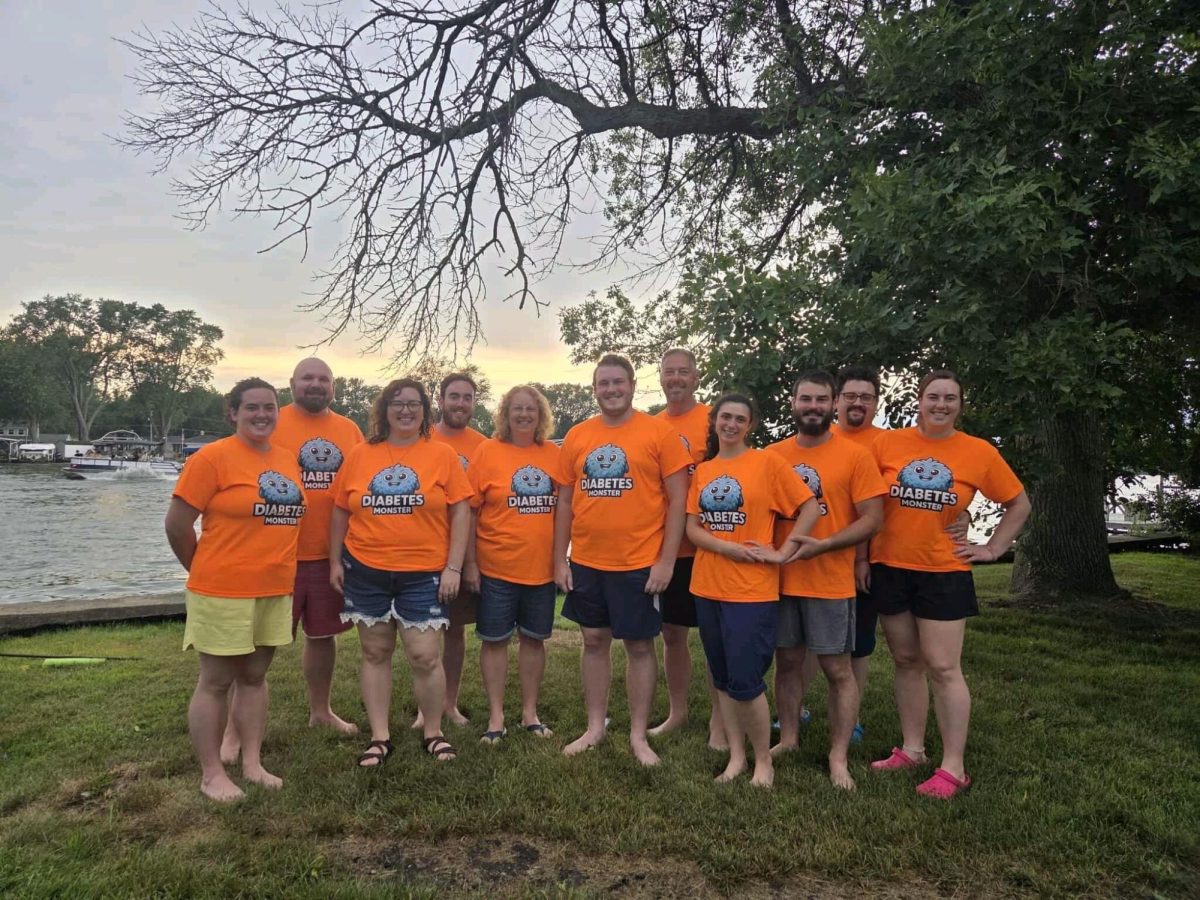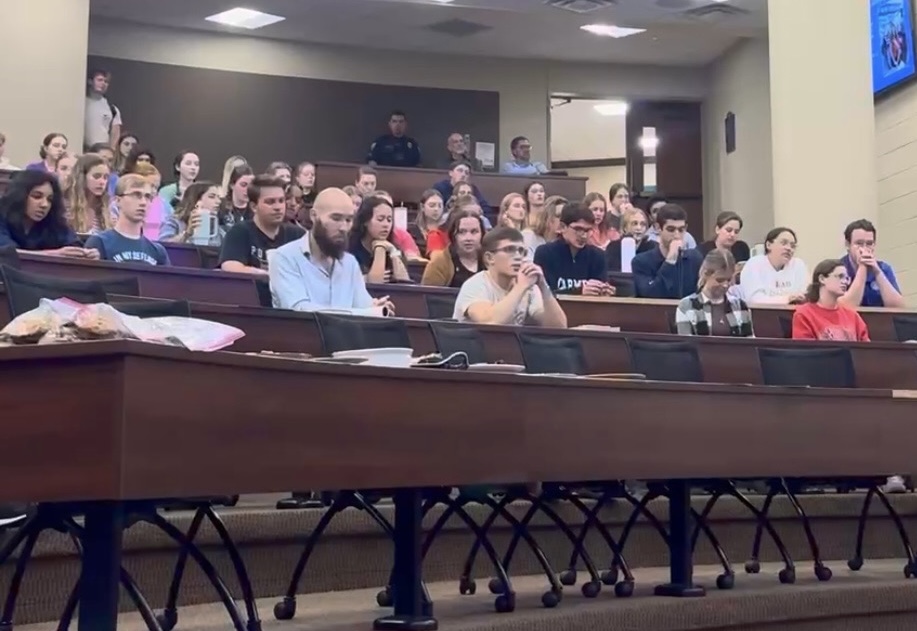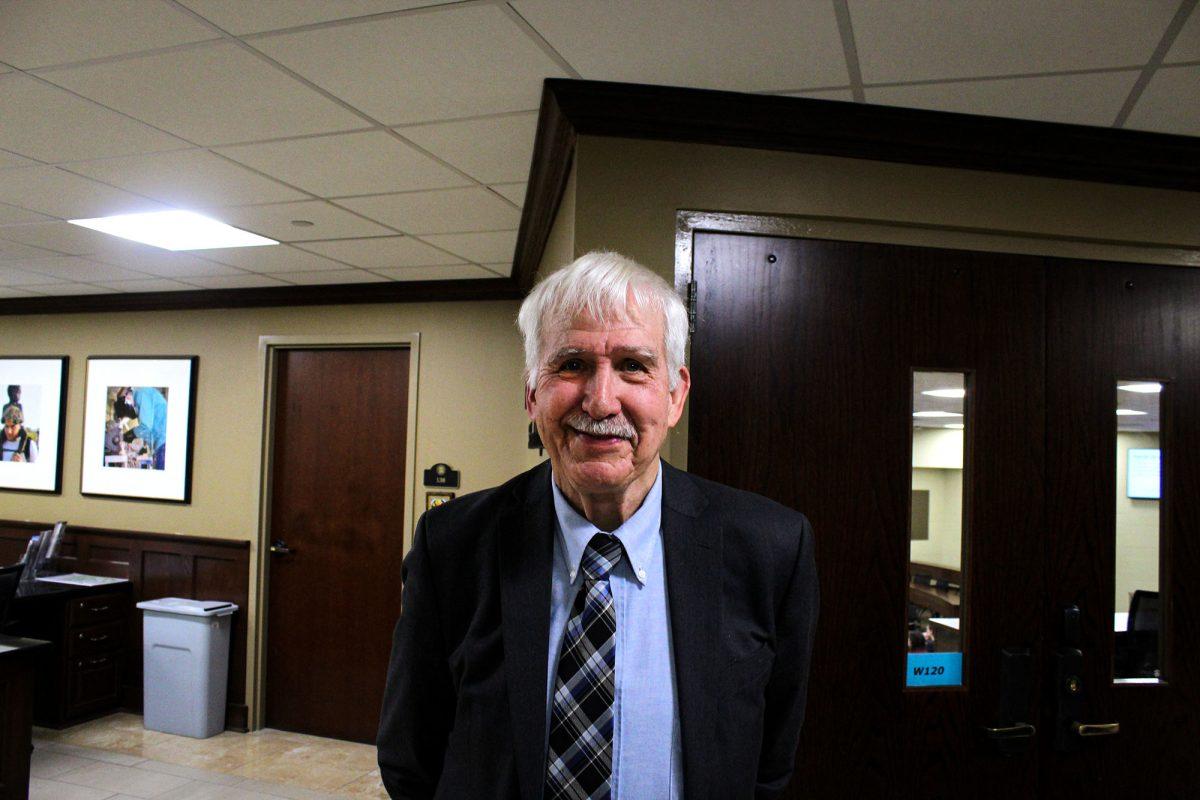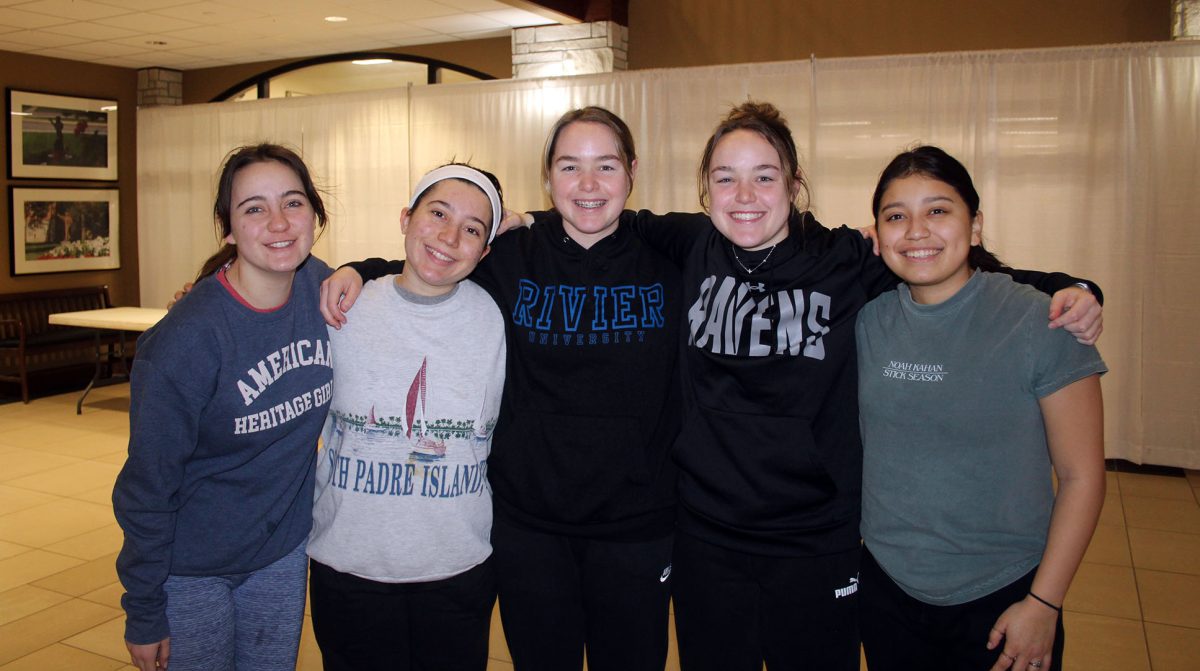The Center for Integral Ecology welcomed Dr. Thomas Croat on February 8 to speak on his work and the diversity and importance of rainforest plants.
Croat, curator of the Missouri Botanical Garden in St. Louis, Missouri, has worked in 39 countries, including Kenya, Mexico, and Madagascar. He has collected and described more plants than any living botanist. He specializes in anthurium plants of the cloud forests of Central America.
“I have been to this place a hundred times. It’s so staggeringly rich, that if you stop in one place one year and you stop in another place the next year, you don’t recognize a single thing,” Croat said.
Croat began his work on Barro Colorado Island in the Panama Canal. His job was to collect plants from the island and compare them to known species. This meant climbing hundreds of trees, getting covered in ants, and occasionally getting yelled at by howler monkeys.
“Most of these things are too tall. In order to find out where things were, you’d climb up the tree. Often, when you’d get up into the tree, you could look down on other trees,” Croat said.
The foliage was so dense, there were flowers and plants not seen from the ground. He would spend hours climbing from branch to branch or needing to descend one tree to get to another. Once he had filled up a bag, he would drop it to the ground, hoping it did not catch on a branch.
“You couldn’t see the ground. If you heard the bag ‘flop’ on the ground, you knew it made it,” Croat said.
Much of the lecture taught about the tropical forests and its diversity, while the latter part was about the threats it faced. Dr Croat said forests are cut down and burned for livestock. However, the soil is not very fertile which leads to it being burnt again in an unsustainable cycle.
“They’re not benefiting much from the land. They’re not raising crops on it. They’re not raising cows. And what happens is, eventually, it becomes arid land that’s pretty much useless,” Croat said.
Croat’s talk showed the lush biodiversity of plants and the efforts botanists go through to collect them. The talk also warned that when we lose a species, it is gone forever.
Matthew Ramage, theology professor at Benedictine College and director of the Center for Integral Ecology, said that we must talk to people outside of our circles to gain knowledge.
“There’s so much knowledge amongst people in our world that we have no idea about unless we extend beyond our inner circles and talk to people who have been to different countries and had different experiences,” Ramage said.
Students who are interested in stewardship or learning about our relationship with creation are encouraged to join the Center for Integral Ecology Club or register for a class like Theology in the Environment.
“A lot of the ideas should come from the students who have those ideas placed on their hearts,” Ramage said.
